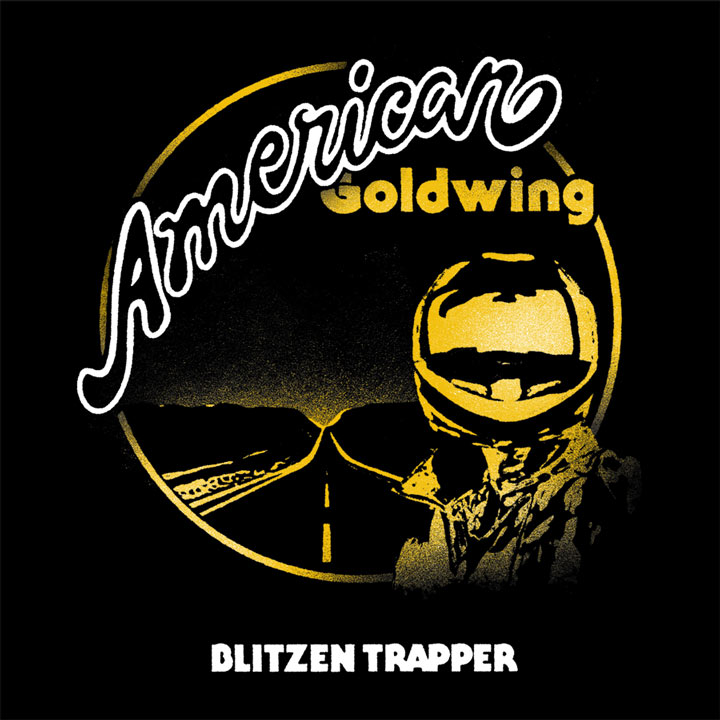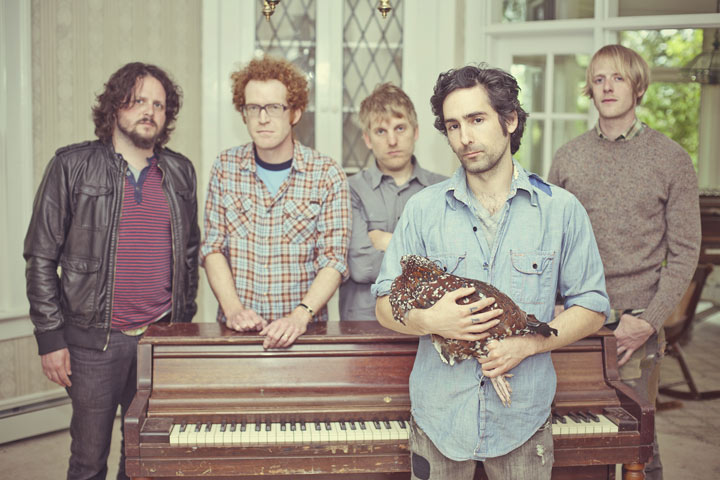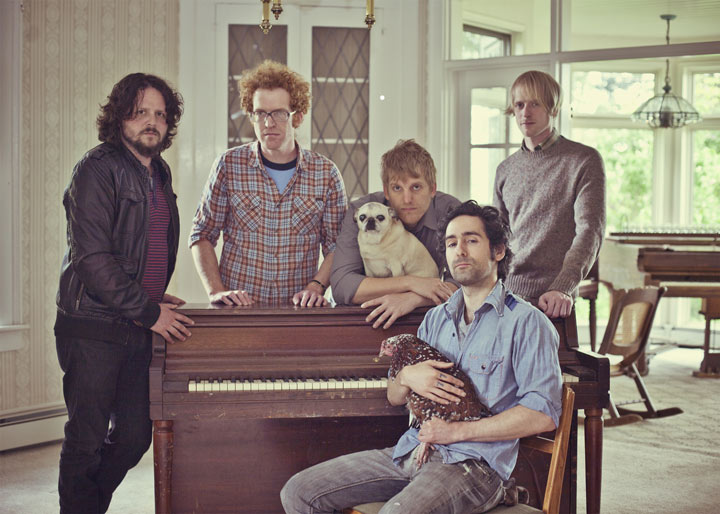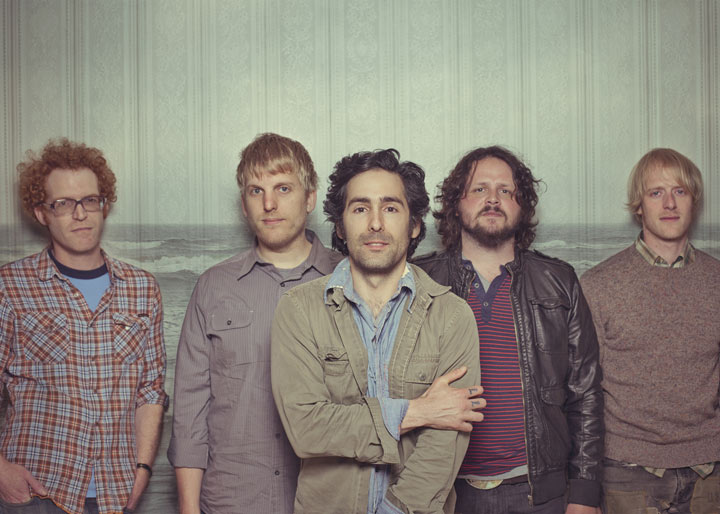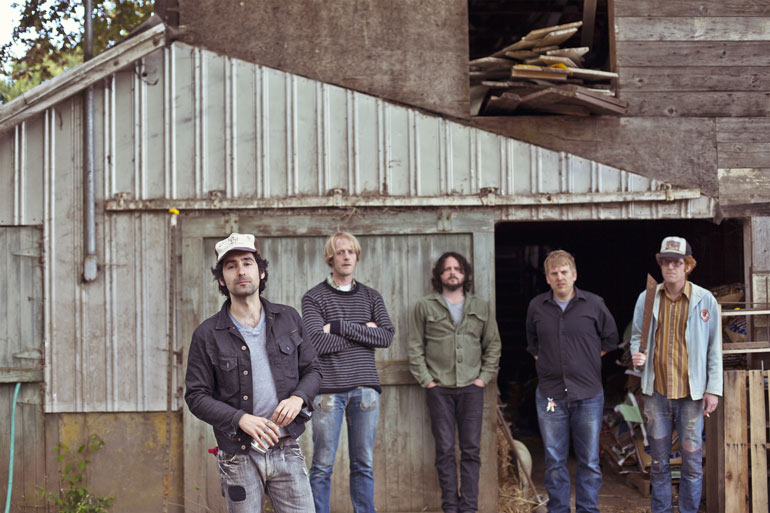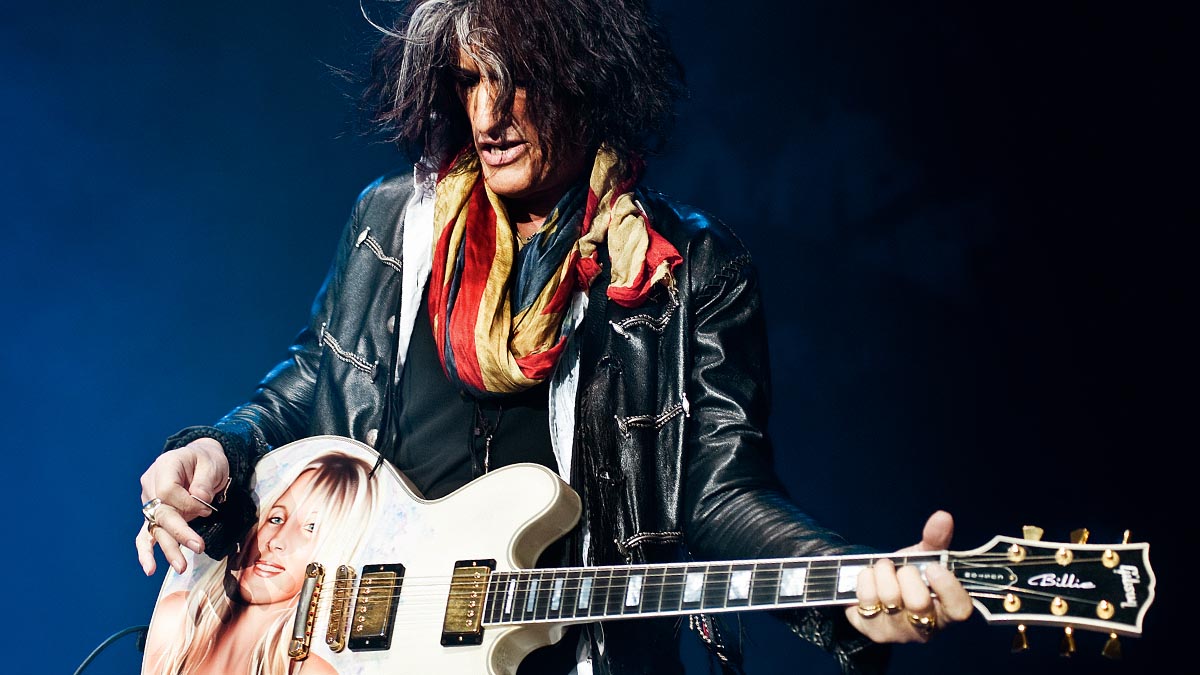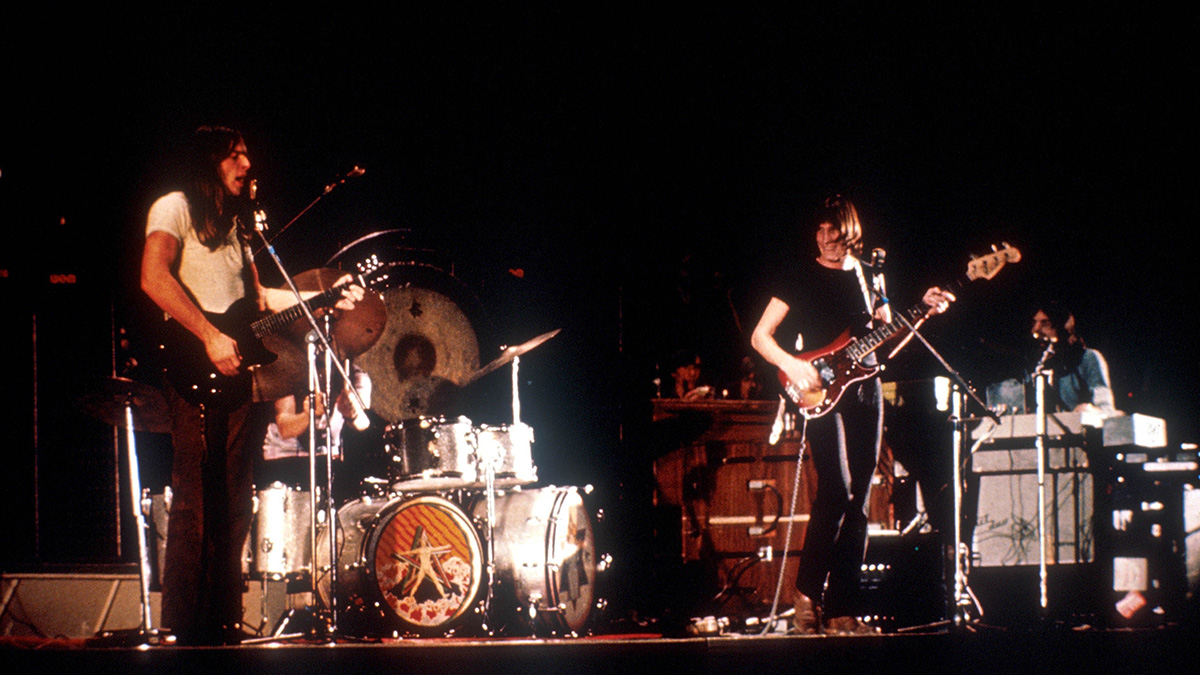Interview: Eric Earley of Blitzen Trapper Discusses Their New Album, 'American Goldwing'
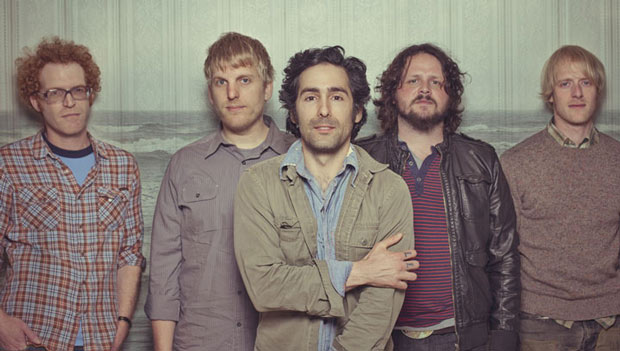
Blitzen Trapper singer/guitarist Eric Earley went from being a college student -- to being homeless -- to heading one of the biggest new bands, all within the span of a couple of years.
After dropping out of college to pursue music, Earley recorded Wild Mountain Nation with Blitzen Trapper in 2007.
The singer didn't have a place to stay at the time, but Blitzen Trapper quickly gained recognition as one of the best new bands, winning “Best New Music” from Pitchfork and landing a touring spot alongside The Hold Steady.
The band rapidly attracted followers with its accessible and melodic take on folk and country, and after self-releasing their first three albums, Blitzen Trapper landed on Sub Pop Records. The band has since released two more albums for the label, with the third coming this September.
Their latest effort, American Goldwing, is intensely personal to Early, who named the album after the Honda Goldwing motorcycle Earley's brother-in-law had when the singer was a child. The album sees Blitzen Trapper expanding their sound and subject matter, exploring American history and the bewildering nature of relationships, among other things.
Earley recently took the time to speak with Guitar World about Les Pauls, life on the road and American Goldwing.
GUITAR WORLD: What's something that gives you a lot of pride in American Goldwing, or what do you want listeners to take away from it?
Get The Pick Newsletter
All the latest guitar news, interviews, lessons, reviews, deals and more, direct to your inbox!
When I'm writing songs, I'm just writing songs I like to listen to. I like the way it's mixed. Tchad Blake (The Black Keys, Tom Waits, Elvis Costello, The Pretenders) did a really good job mixing. He kind of brought it out of the place where I had it and took it to another level.
You mentioned on Sub Pop's website that American Goldwing was the first time you let someone else into the recording process. How hard was it to let someone else take a turn at the wheel, and what did the album take from the outside input?
I don't think it was that hard. My bass player Mike [Van Pelt] was like, "Well, we should just send it to Tchad," because he was really good. I hadn't even thought about it. I wasn't there. Tchad's over in Wales. We mix it and send the files; it's pretty great, actually. Tchad's a great guy.
What are the underlying themes of the album?
It's pretty personal; a lot of the songs are about my life. It kind of started as a solo record, but I ended up bringing the other guys in and having them play on it. A lot of it is about breakups and relationships.
What first interested you in guitar? Who made you want to first pick it up and bang out a few chords?
[It was] definitely my father; he played. There were always guitars around growing up, and he just played songs he liked, mostly folk songs or country songs and some bluegrass.
What's your songwriting process like?
It's not very sturctured; I just kind of write songs when I feel like it. I just don't give it much thought, it's pretty quick. I write a song in, like, 10 minutes then go back later and tweak it.
Do you have a favorite guitar you use?
I play Gibson SG's from '74 and '08. That's what I've been playing live recently, except last year, when I played the new one exclusively. I like how lightweight they are. I played the wood cherry one, it's dark brown. I got into them just because I got one once and really liked it. I'll probably buy another one, actually. I want one with a whammy on it, like ZZ Top.
Any plans for a tour following the album release?
Yeah, we'll be doing a full North American tour in October and November.
What did you take away from being homeless?
I guess it's a good lesson in priorities, and it's a lesson a lot of people don't learn for a long time -- about the things that are important. I'm still learning a lot of stuff about touring especially and from having some success in the music industry, what it means and what it doesn't mean. In the industry, you can have success, but it's just kind of up and down all the time. Nothing's really certain, like a lot of things. But in music, a lot of people feel like once you have success, it's kind of certain -- but it's not. You still have to maintain your integrity in what you're doing.
It seems like death has been a frequent topic for Blitzen Trapper. What intrigues you about it?
I write about a lot of things. I guess I write about death a lot, but I don't fixate on it. It's just one of those important subjects people don't really have a touch on. Old folk artists wrote about death a lot of the time. It just depends on what you're writing for -- if you're just trying to make really easy music that's comfortable for people to hear, or if you're writing about topics that are important to you.
What were some of your inspirations growing up?
Definitely old music, like Doc Watson. I remember going to see Doc Watson when I was 12 or 13. Oregon has a pretty big bluegrass scene, so I got into that. I guess I listened to a lot of folk music with my dad, artists like Bob Dylan, of course, and John Denver. I don't know if it was inspiration, but it was a formative thing. As a kid, you listen to whatever's around until you realize you can listen to your own thing. That's when I got into Nirvana and the hard rock scene.
What have you learned from touring?
How fragile relationships are and how touring magnifies that factor. Touring is hard on everything. It's hard on your body and pretty much impossible on your relationship. It's a weird thing, but it also gives you a lot of joy to play music for people. That's what I'm trying to get back in touch with; playing for other people. Otherwise, touring's difficult.
The new album from Blitzen Trapper, American Goldwing, will be released September 13 via Sub Pop Records.
